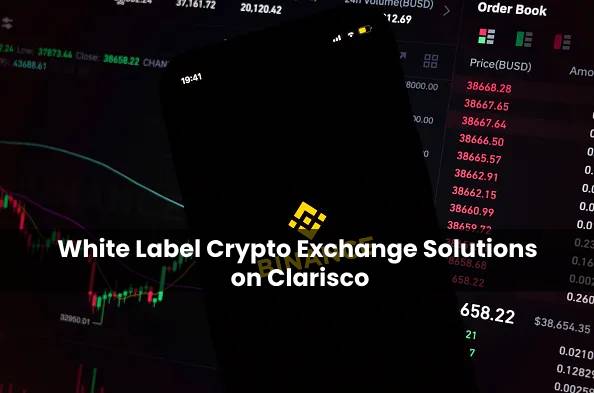In the ever-evolving landscape of digital finance, crypto exchange platforms have risen to prominence as a hub for trading various cryptocurrencies. However, with great opportunities come great risks. The security of these platforms is paramount to protect both investors and the platform itself. In this comprehensive guide, we delve into the intricate world of crypto exchange platform security measurement.
Understanding the Vital Role of Security
Security is not merely an option; it's a necessity in the realm of cryptocurrency exchanges. With the increasing instances of cyberattacks, hacks, and data breaches, crypto exchange platforms need robust security measures to safeguard user funds and sensitive information. Moreover, a secure platform instills trust in users and encourages market participation.
Risk Assessment and Vulnerability Analysis
Identifying Potential Threats
Before implementing security measures, a crypto exchange platform must perform a risk assessment. This involves identifying potential threats, such as:
1. Phishing Attacks:
Malicious actors create fake websites and emails to trick users into revealing their private keys or credentials.
2. DDoS Attacks:
Distributed Denial of Service attacks can disrupt a platform's services, leading to financial losses.
3. Insider Threats:
Employees or insiders may pose risks to the platform's security by abusing their access.
4. Malware and Ransomware:
These malicious software types can compromise a user's security and access to crypto assets.
Vulnerability Analysis
Conducting vulnerability analysis is crucial for understanding weaknesses in the system. This process involves identifying and assessing potential vulnerabilities in the platform's architecture, software, and procedures. Once identified, they can be mitigated through the implementation of security patches and best practices.
Multi-Factor Authentication (MFA)
One of the simplest yet highly effective security measures is Multi-Factor Authentication (MFA). This technique adds an additional layer of security by requiring users to provide two or more types of identification before granting access. It could include something the user knows (password), something the user has (a mobile device), and something the user has (fingerprint or facial recognition). MFA makes it significantly more challenging for unauthorized users to gain access.
Cold Storage of Crypto Assets
Cold storage is another crucial security practice. It involves storing a significant portion of crypto assets offline, where they are not directly connected to the internet. This method is highly effective against hacking attempts, as cybercriminals cannot access assets that are not online. Platforms typically store these assets in secure hardware wallets or vaults.
Regular Security Audits
Security audits are imperative in maintaining a high level of security. They involve a thorough examination of a crypto exchange platform's security measures, processes, and infrastructure. Regular audits help in identifying vulnerabilities and ensuring that security protocols are up-to-date.
Security Training and Awareness
It's not just about the technology; it's also about the people. Employees and users of the crypto exchange platform must be well-informed about security best practices. Conducting regular security training sessions and promoting awareness can help in preventing security breaches caused by human error.
Legal and Compliance Measures
Crypto exchange platforms must also adhere to legal and compliance measures, which vary by jurisdiction. This includes adhering to Anti-Money Laundering (AML) and Know Your Customer (KYC) regulations. Compliance ensures that the platform operates within the boundaries of the law, which can ultimately protect users and the platform from legal troubles.
Conclusion
In the rapidly evolving world of cryptocurrency, the security of exchange platforms is paramount. Investors and traders rely on the robustness of these platforms to protect their digital assets. By implementing a comprehensive security strategy that encompasses risk assessment, vulnerability analysis, MFA, cold storage, security audits, training, and legal compliance, crypto exchange platforms can fortify their defenses against the myriad threats that exist in the digital realm.
Remember, while security is a fundamental aspect, it is only one component of achieving success in the cryptocurrency market. However, without it, other elements become irrelevant. Security is the foundation upon which trust and success are built in the world of cryptocurrency.
White-label crypto exchange development offers an innovative solution to enhance security by providing a customizable and up-to-date platform. However, it's essential to remember that security is a holistic endeavor, and a combination of white-label solutions and traditional security measures is the key to a secure and successful crypto exchange.
By prioritizing security through white-label crypto exchange software development and additional safeguards, you can instill trust in your users, protect their assets, and establish your platform as a reliable player in the crypto industry. Security is not just a feature; it's the bedrock of success in the cryptocurrency market.





Comments